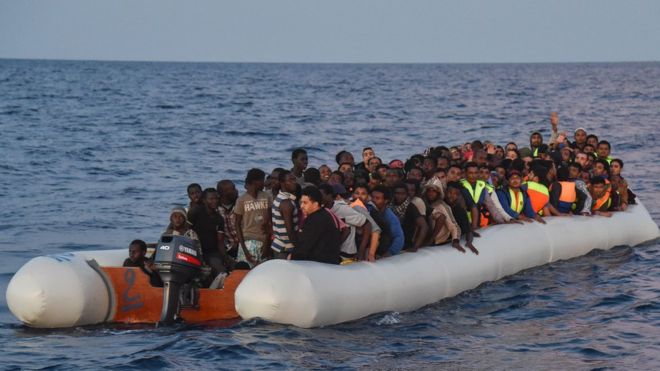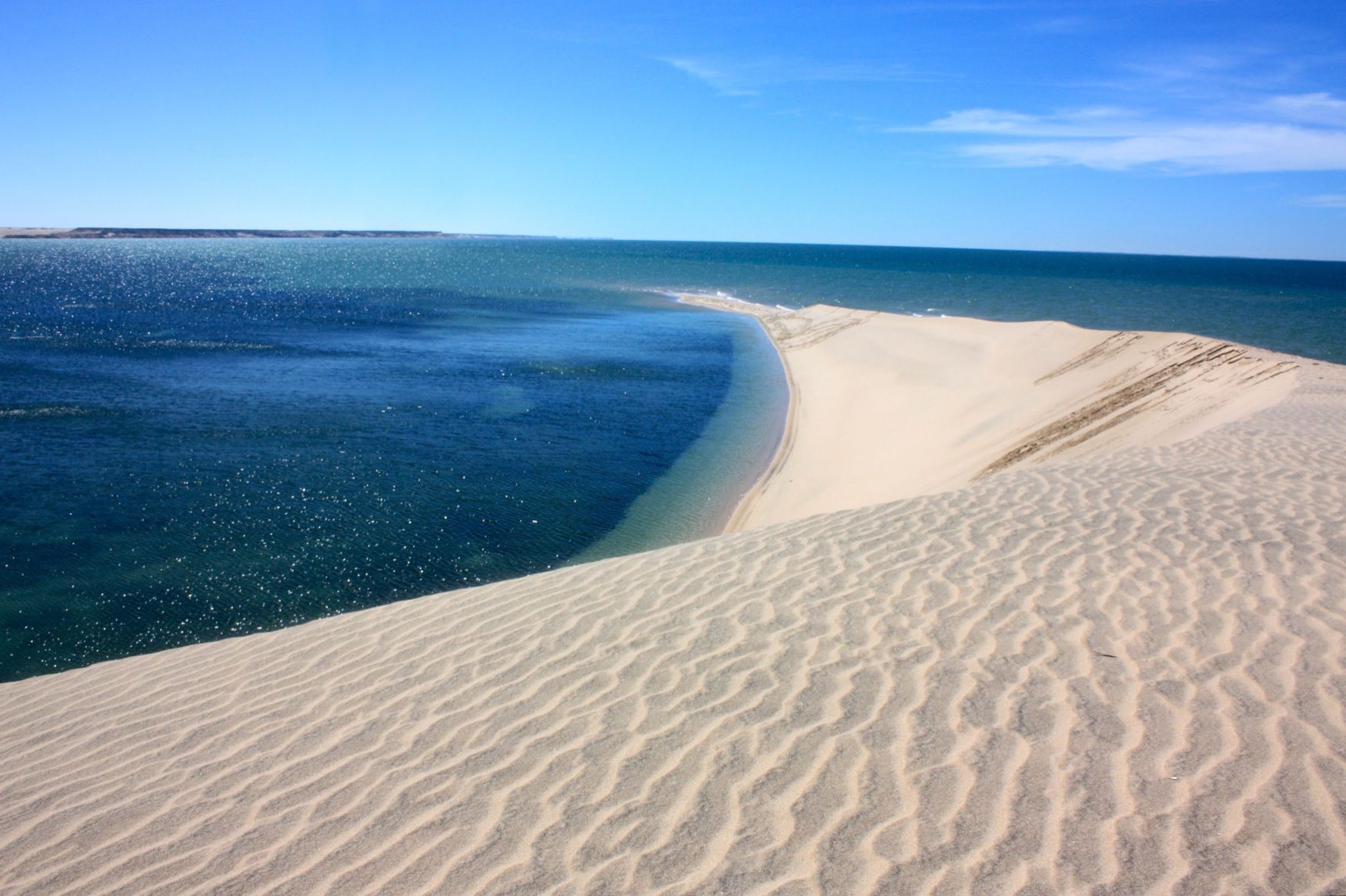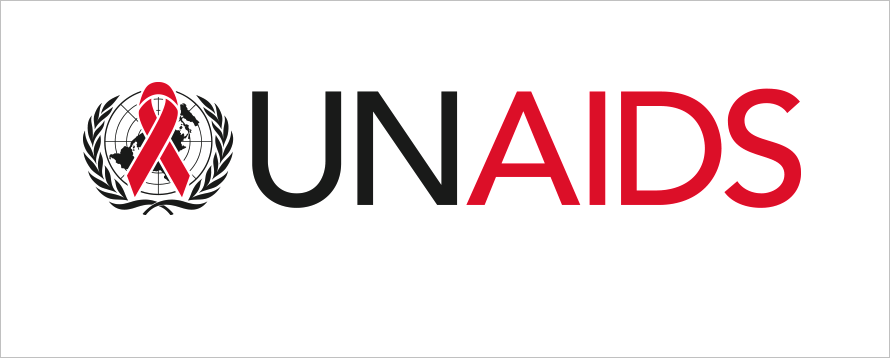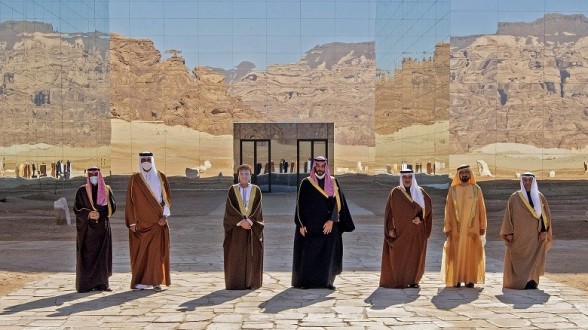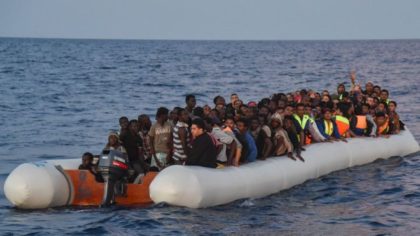 The European Union has agreed to increase its financial support to Morocco to €140 million, as proposed by Spain.
The European Union has agreed to increase its financial support to Morocco to €140 million, as proposed by Spain.
The decision was made during the EU Summit of Heads of State and Government held on Wednesday and Thursday.
The EU will contribute at least €140 million from EU funds’ to Morocco for the management of migratory flows, said the Spanish government presidency in a statement.
Spain had pleaded for increasing support to Morocco underlining that the European Union can solve the problem of migration only in collaboration with the North African Kingdom, a country to which the EU grants a tiny part of the aid earmarked for the fight against illegal migration.
Spain had pointed out that Morocco, one of the main EU partners in the migration flows management, is treated unfairly and does not benefit from the same aid granted to other countries, drawing a comparison with Turkey, which receives €6 billion from the EU while Morocco barely gets €50 million.
The EU leaders had stressed at their summit meeting in Salzburg Austria, last September, the importance of “continuing the fight against illegal migration and to strengthen cooperation with countries of origin and transit, particularly in North Africa, as part of a broader partnership”.
Meanwhile, Morocco has reaffirmed its refusal to set up reception centers for migrants on its territory. Financial support will not change the stance of Morocco refusing to play the role of the gendarme at the gates of Europe in the Mediterranean, said Thursday in Rabat, the spokesperson for the government, Mustapha El Khalfi.
These centers only export the problem without resolving it, the spokesperson said, affirming, however, that Morocco will continue to assume its responsibilities in the fight against illegal migration networks.
Up to August, Morocco dismantled some 80 networks, including 23 in August alone. Some 13,000 members of the security forces in the north of the country were mobilized to that effect.
Morocco, which has become a host country and not just a country of transit to Europe, will however carry on its humanitarian policy based on migrants’ integration, El Khalfi said. This policy allowed the regularization of 50,000 migrants, mostly from Sub-Saharan Africa, he added.
